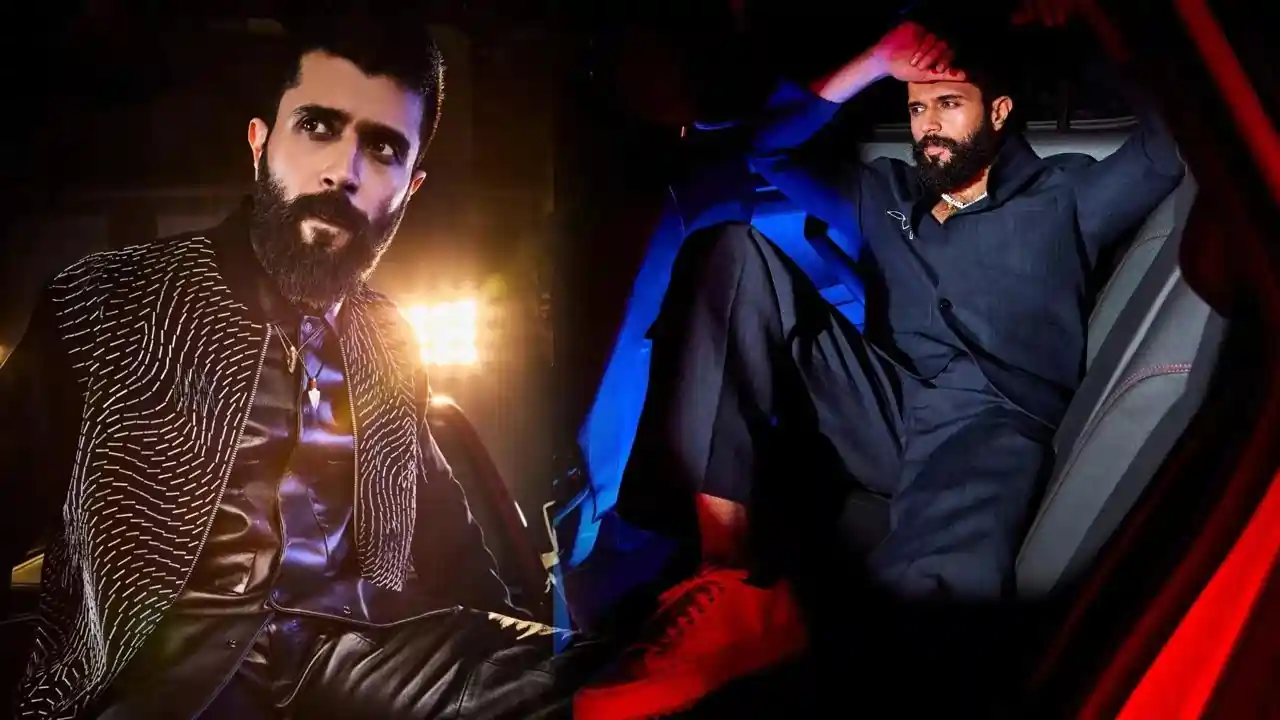
Focus on technical disciplines, not tactical: World cycling body UCI's director Jacques Landry advises India
8 months ago | 86 Views
India, Sept. 6 -- India's potential in cycling is no longer hidden. With a steady rise in performances on the international stage, the years leading up to the 2028 Los Angeles Olympics are expected to witness potentially significant developments; the arrival of French coach Kevin Sireau, a two-time Olympic medallist, in January provided a strategic boost to Indian cycling, with a focused roadmap now charted for Olympic success.Sireau's confidence in his squad's potential has already been validated by remarkable improvements, notably their personal best timing of 44.451 seconds at the Asian Track Cycling Championship sprint race earlier this year.The quartet of Esow Alben, Y Rojit Singh, Ronaldo, and David, who have shown significant progress under Sireau's guidance, represent the growing prowess of Indian cycling on the world stage. Their consistent performance, including a historic team sprint gold at the 2019 World Junior Track Cycling Championship and Ronaldo's silver at the 2022 Asian Track Cycling Championship, has placed India in the spotlight.These developments set the stage for an insightful conversation with Jacques Landry, UCI WCC Director, as we delve into India's journey, the impact of international coaching, the realistic expectations India can have from its cycling contingent for the next four years, and the aspirations for the future.Excerpts:India is a big country with huge potential.
Given this potential, professional cycling is probably not at the level where it should be. But there is no real cycling history, in terms of competitions, and so we believe that more can be done. That is why the UCI World Cycling Centre is working with the CFI to see how we can develop a strategy, or a roadmap, for improving competitive cycling in India.For a cycling culture to start taking root in India, there is a need to focus on younger, less traditional disciplines as well as disciplines where key performance indicators are weighted more towards the development of physical strengths and technical proficiencies (like track team sprint, BMX Racing, BMX Freestyle) rather than disciplines that are heavily reliant on the acquisition of tactical prowess (for example road cycling).What is clear is that cycling is not big enough in Asia, there is still more to do, and with India being the biggest country in the world, we would like to turn to India as a trailblazer for cycling growth in Asia, and more specifically in South Asia.To develop a sport in a country, a National Federation must focus on strengthening key pillars. This begins with securing financial support to implement talent identification and development initiatives, enhancing coach education, creating a robust competition calendar, and building effective training facilities.Currently, the Indian cycling federation seems to be on the right track with its talent ID initiatives. However, these efforts should be expanded to different states and conducted periodically, rather than as one-off events.Once talent is identified, it is crucial for athletes to work with qualified coaches, train in good facilities, and gain experience through competitions.In summary, building a sport and its culture in a country requires a blend of various essential elements.Given the size of the population in India, if talent identification initiatives remain recurrent and at a national scale, there is a very good chance that other talents can join the existing squad which will, in turn, contribute to better and faster development for all.
There is strength in numbers in this case.What is more, to take the growth of track cycling in India to a higher level, the hosting of international events at the velodrome in New Delhi, or any other future track cycling facility, would help boost the popularity and could draw more talent to the programme.This "build an event and they will come" logic also applies to BMX Racing and other cycling disciplines.At the most recent UCI Junior Track World Championships, held in China, India's junior women in the team sprint finished 6th out of 7 teams and 11th on the men's side, where 13 teams were entered. Given the fairly shallow pool of teams in this event on the junior side, using ranking as a performance measure is not as telling as times.Performance drop-offs from junior to elite levels can be attributed to several factors. For instance, the depth of the international field often varies between junior and elite ranks, with some countries focusing on international competition only at the elite level. Additionally, there may be a dropout rate among junior athletes who find other hobbies or passions that divert their attention from the sport. As athletes progress, they may also need to increase their racing repetitions, requiring more competition to fine-tune their performances.
Any one of these reasons, or a combination of them, could explain the gap between junior and elite performance levels.With all this in mind, depending on the event, comparing junior performances where the depth of field is smaller to the elite ranks, may not be the best way to measure progression. A better way to track progression would be for juniors to already start focusing on minimizing the gap between their times and the best elite times.Performance can be analyzed through 50 to 150 key factors, all of which fall into five main categories: physiological, psychological, tactical, technical, and environmental. The time spent improving in these areas may vary depending on the sport and discipline, but together, they form a comprehensive approach to performance. Therefore, maintaining good mental health and focusing on psychological aspects to enhance performance is crucial.Currently, we are offering our services to help the National Federation enhance its capacity in areas such as talent identification, infrastructure development, competition calendar expansion, athlete development, and coach and commissaire education. While we are not providing financial support, we are sharing our expertise to help the CFI build a stronger cycling culture in India.A key priority for the UCI is to continue driving the growth of cycling worldwide, especially in emerging cycling nations.
Its development arm, the UCI World Cycling Centre, contributes to realize this mission. Through its 10 continental development satellites spread across the world, it offers a central access point for education and cycling development services as well as programmes for National Federations. Current satellites are located in India (New Delhi), China, South Korea, Japan, New Zealand, South Africa, Peru, Trinidad & Tobago, Canada, and Portugal. The satellite in India opened in 2015 and focuses mainly on track cycling.The satellites create better opportunities for emerging cycling nations to become more autonomous in the driving of their own projects and missions while increasing the development progression of athletes that can lead to qualification and performance at the Olympic and Paralympic Games and other major pinnacle events.Reflecting on the Shanghai satellite, inaugurated in May, we can already see a strong commitment to establishing it as a significant extension of the UCI World Cycling Centre in Aigle. This dedication is evident as two satellite administration and coaching staff members are currently spending a month in Aigle to deepen their understanding of the UCI and the UCI WCC, thereby enhancing their ability to foster cycling growth in East Asia. Given the substantial growth potential in South Asia, I anticipate the Delhi satellite will ramp up its activities and emerge as a leader in cycling development in the region.
HOW DID YOU LIKE THIS ARTICLE? CHOOSE YOUR EMOTICON !





















